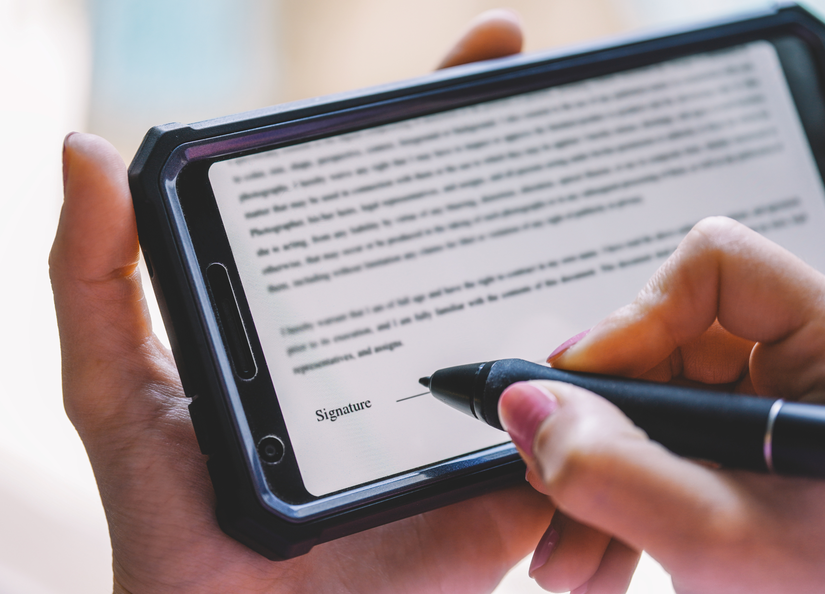8 common IP myths busted
On this page:
- Myth 1 - Individuals own any IP they create
- Myth 2 - IP protection is global
- Myth 3 - IP rights are not infringed if changes to the works are made
- Myth 4 - The TM symbol (™) means that a trade mark has been registered
- Myth 5 - Trade mark registrations prevent anyone else from using that mark
- Myth 6 - Registering a business name with ASIC prevents other traders from using that name
- Myth 7 - Copyright needs to be registered
- Myth 8 - Anyone can use copyright material if it has been published on the internet
- Expertise
- Experts
Intellectual property (IP) is an asset and a tool for protecting the core components of a business that make it unique, such as a new device, company logo or software program.
Whatever it may be – your business’ IP is an extremely valuable commercial asset. Protecting it can provide your business a competitive advantage and maximise your product or service’s value.
Our expert IP team, Maggie Wong and Jacinta Zheng, bust eight common IP myths to help you understand the different types of IP businesses may own, the underlying laws and principles in Australia and worldwide and how they may effect your business.
Myth 1 - Individuals own any IP they create


False
Ownership of IP depends on the context in which it was created. As a general rule, IP created by individuals in the course of their employment as part of their role will be owned by the employer.
If employees create IP outside of the course of their employment, they will typically own that IP. Independent contractors who create IP for another party will typically own the IP they create, unless the contract specifically states otherwise.
Paying for the creation of IP does not automatically make the payor the owner. Businesses should ensure their employee and contractor contracts clearly set out ownership of IP created under those contracts.
Myth 2 - IP protection is global


False
Worldwide IP rights do not exist and registering IP in one country does not provide worldwide protection. This is because each country has its own IP laws, which apply to IP protection in that country only.
IP rights can only be enforced in countries that they are registered in. Businesses should register their IP in each country they operate in.
Myth 3 - IP rights are not infringed if changes to the works are made


False
Copyright in works will be infringed if a substantial part of that work is copied. What constitutes a substantial part is determined by the quality of what is copied, not the quantity. Copying even a small part of a work may risk infringing the copyright.
Trade marks will be infringed if the opposing mark is substantially identical or deceptively similar and claims the same or similar goods and/or services. Whether two marks are deceptively similar depends on how consumers recollect the two marks. Making minor changes to a trade mark, for example deliberate misspellings, may still infringe a trade mark.
Myth 4 - The TM symbol (™) means that a trade mark has been registered
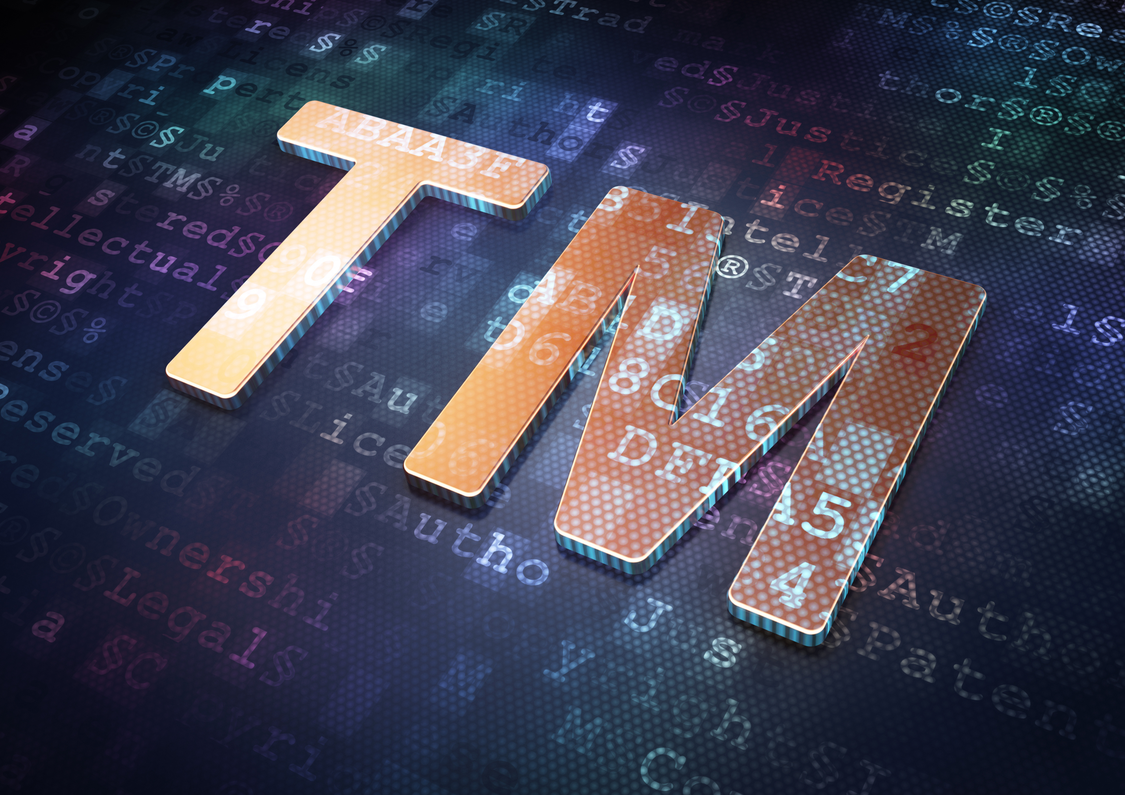
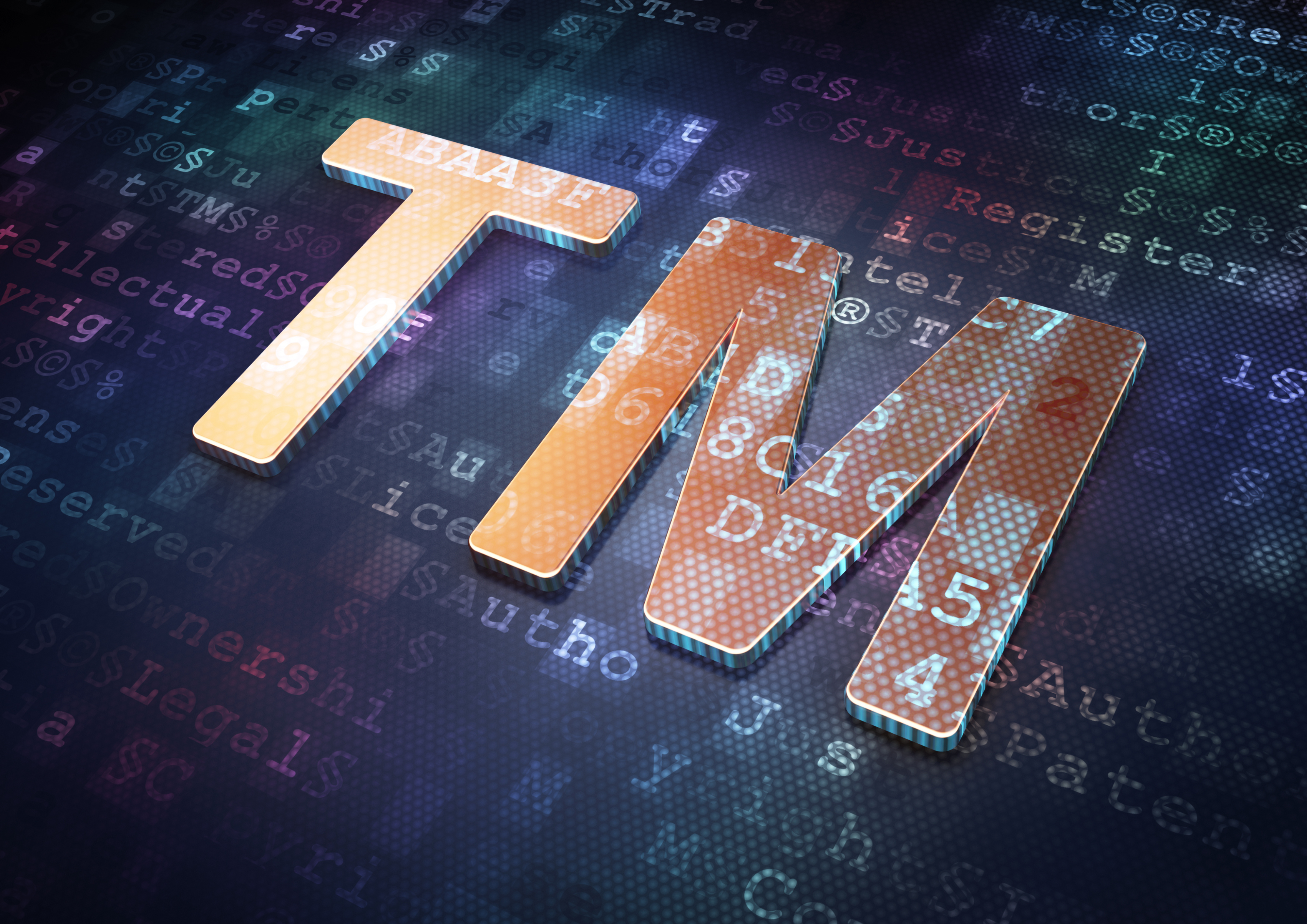
False
The TM symbol does not necessarily indicate that a trade mark has been registered. The TM symbol can be used by anyone, regardless of whether they have obtained a trade mark registration, to indicate they are using a mark as a trade mark.
The R symbol (®) is used to indicate a registered trade mark. It can only be used if the trade mark has been registered.
Myth 5 - Trade mark registrations prevent anyone else from using that mark
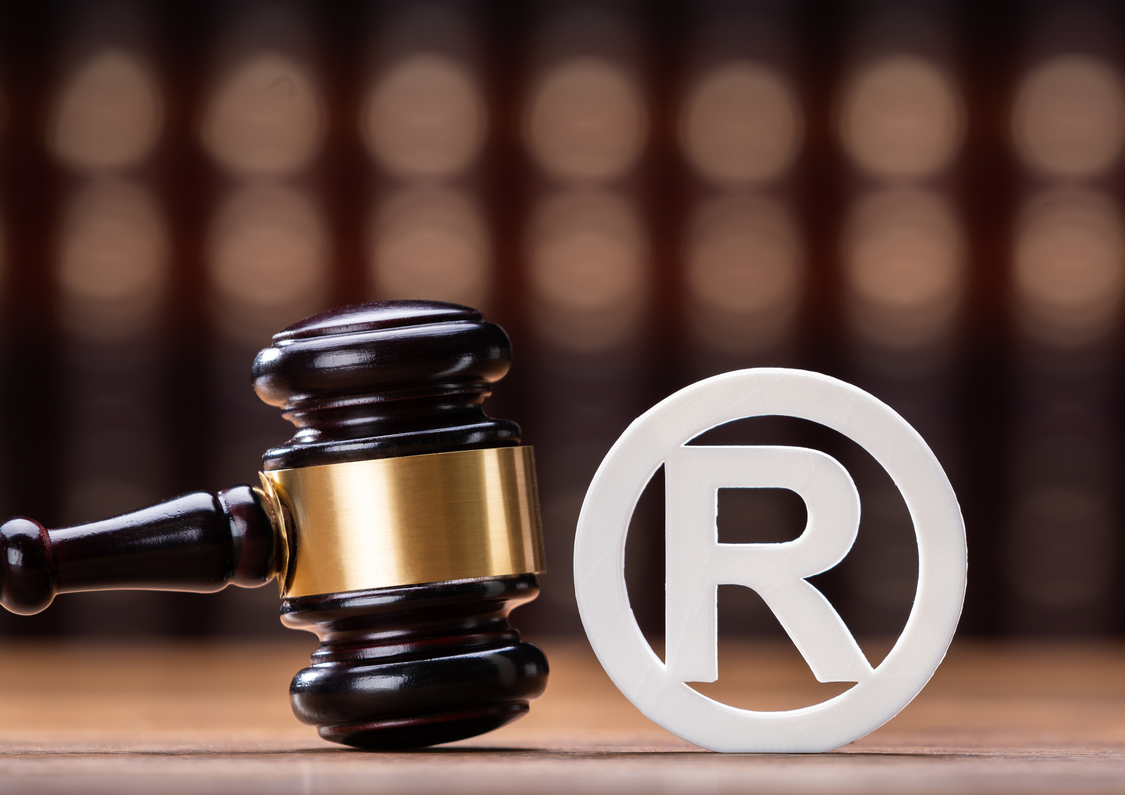
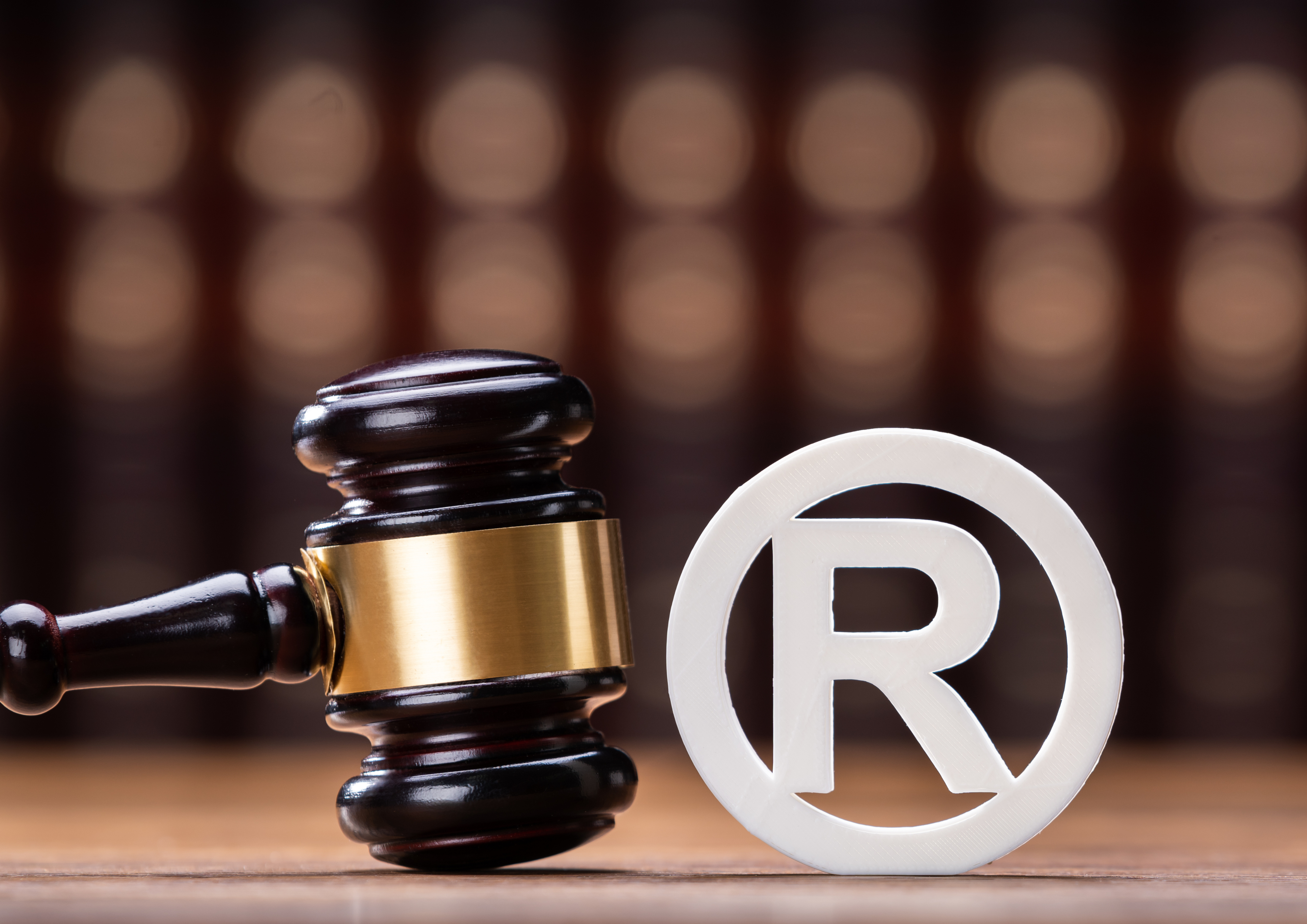
False
In Australia, trade marks are registered with respect to standardised classes of goods and/or services. Trade marks are enforceable against substantially identical or deceptively similar trade marks that claim the same or similar goods and/or services.
Myth 6 - Registering a business name with ASIC prevents other traders from using that name


False
ASIC business name registrations do not provide the owners with any exclusive or proprietary rights in that name. Business name registrations do not prevent others from trading under the same or similar names. The best way to prevent use of similar names is to register the name as a trade mark.
Myth 7 - Copyright needs to be registered
False
In Australia, copyright applies automatically on the creation of a work in a material form (e.g. when a painting is painted).
Myth 8 - Anyone can use copyright material if it has been published on the internet
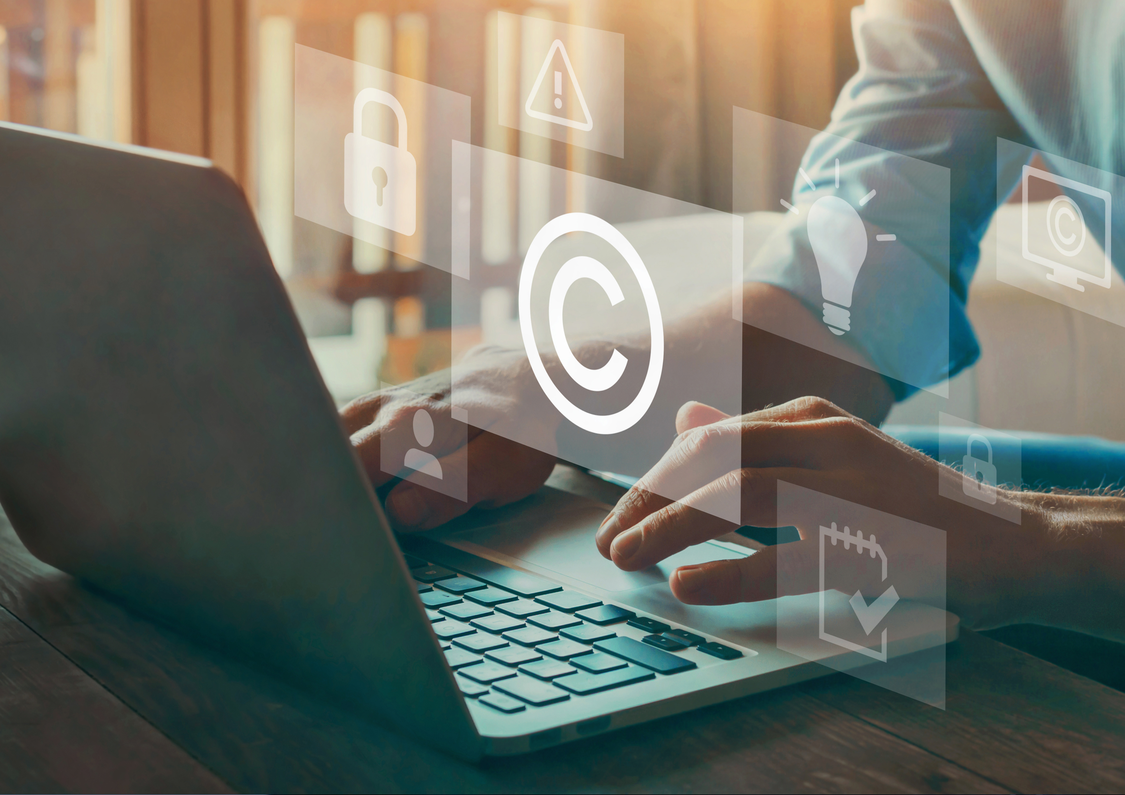
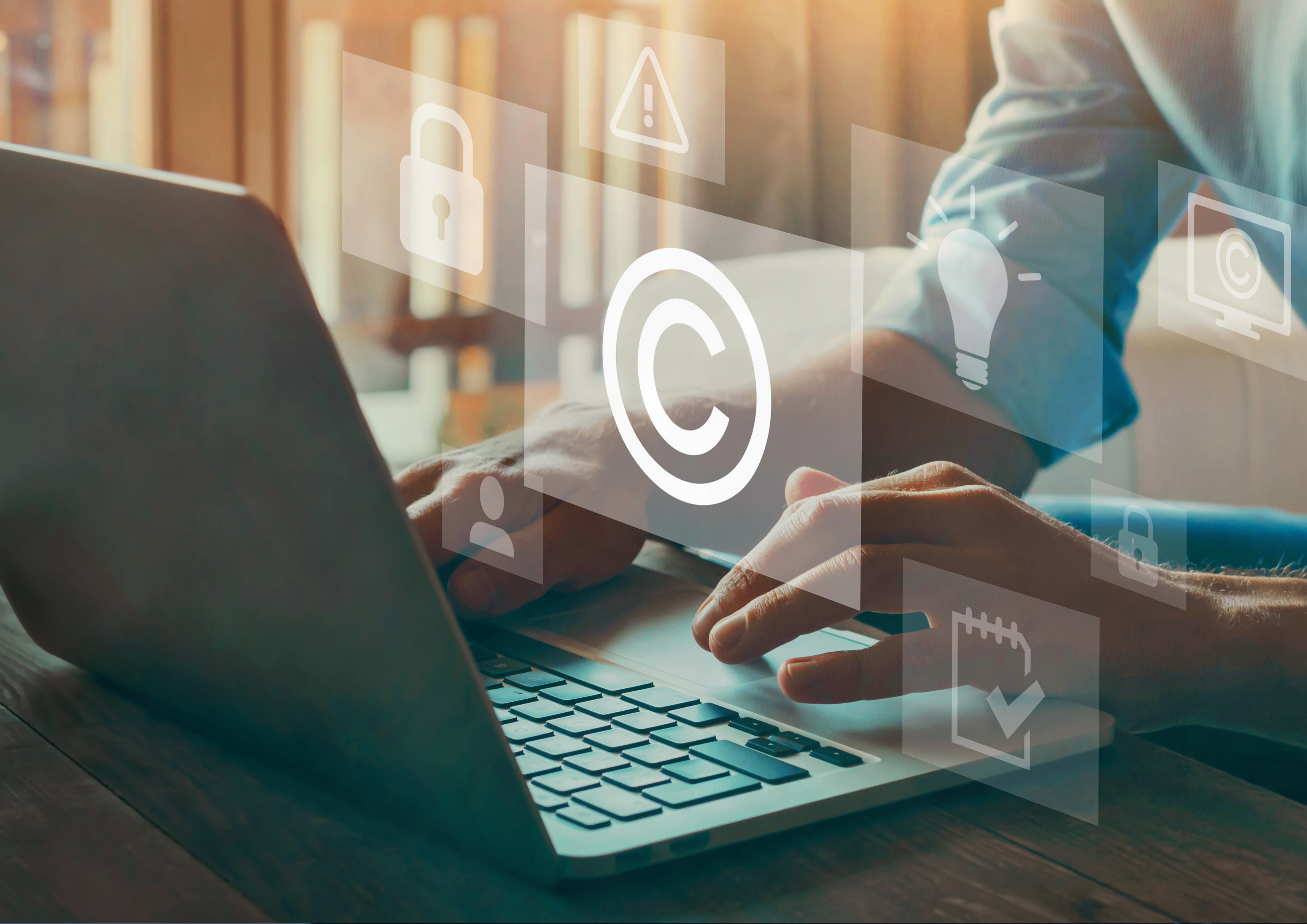
False
Copyright in works is not waived simply because it has been published on the internet. Copyright owners can choose who uses their work and how. They also have underlying rights of attribution and integrity and against false attribution.
This article provides general commentary only. It is not legal advice. Before acting on the basis of any material contained in this article, seek professional advice.
Co-author
Name: Jacinta Zheng
Position: Lawyer
Practice: Transactions
Expertise
Our IP team provides a holistic service, assisting clients with a full range of matters from registration and protection of IP, helping with licensing, commercialisation and distribution agreements to resolving any IP-related disputes.
Our clients seek advice from us to find the best and most cost-effective solutions to commercialising their creations, both in Australia and throughout the world.
Find out more about how our expert IP team can help protect your business.
Experts
Related Insights
Wrinkles smoothed: High Court clarifies reputation is irrelevant to trade mark infringement

Katie Perry v Katy Perry: two teenage dreams and one name

Myth-busting: Workplace law

Myth-busting: Electronic execution of documents
